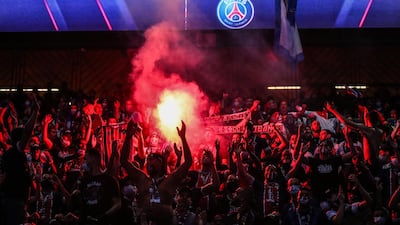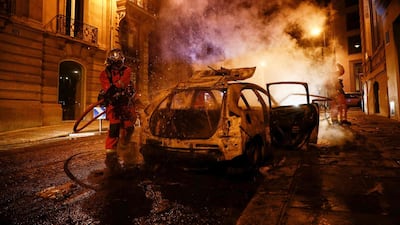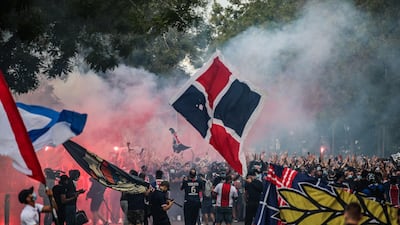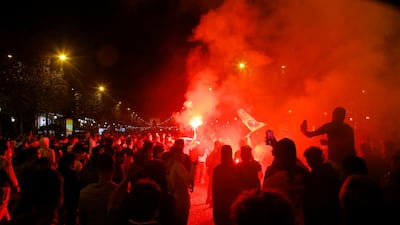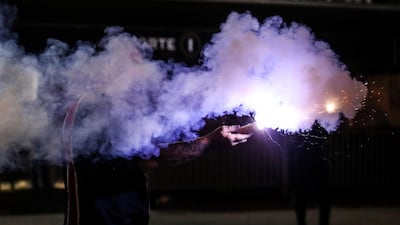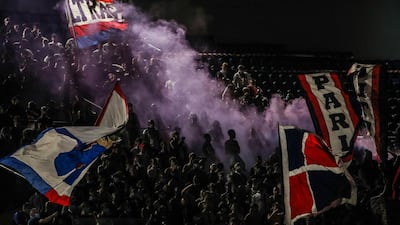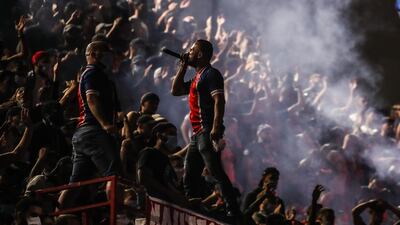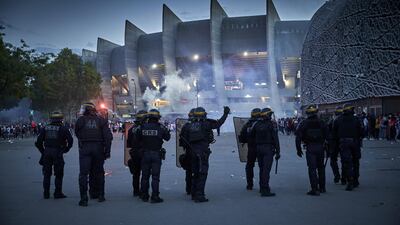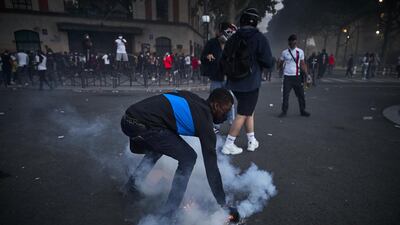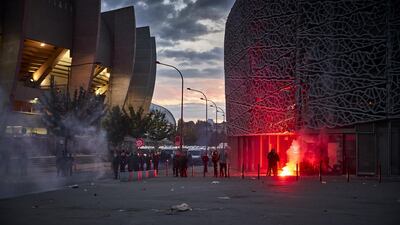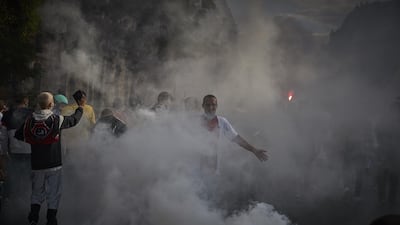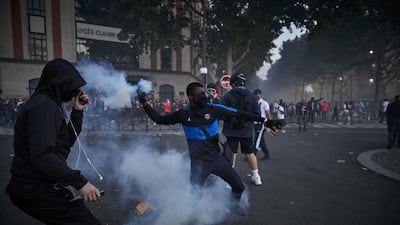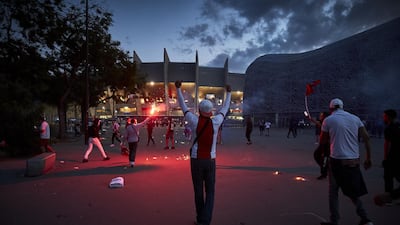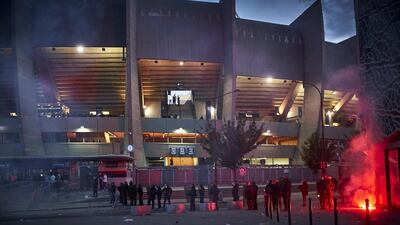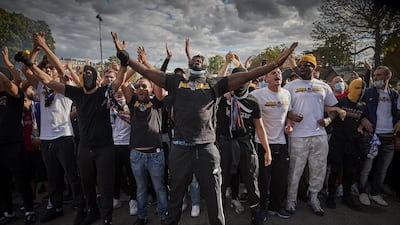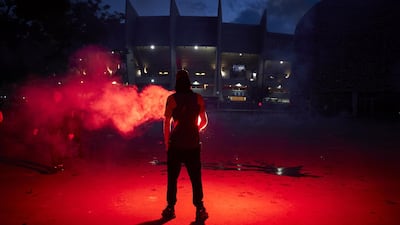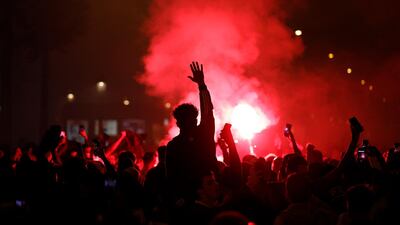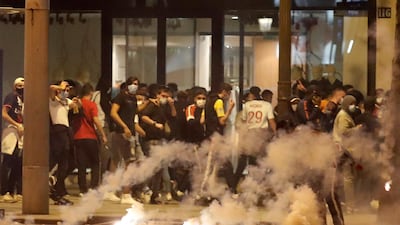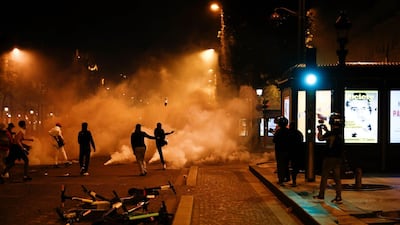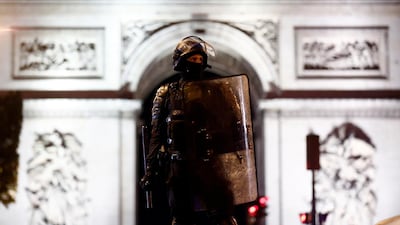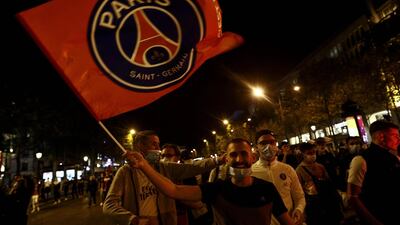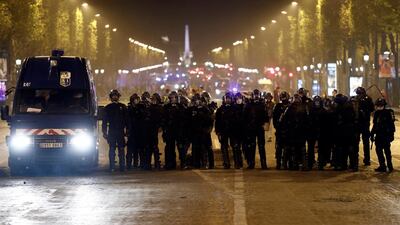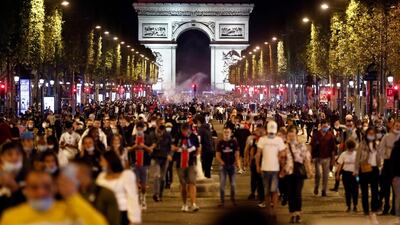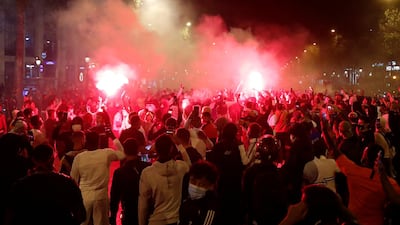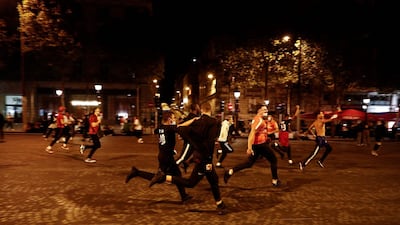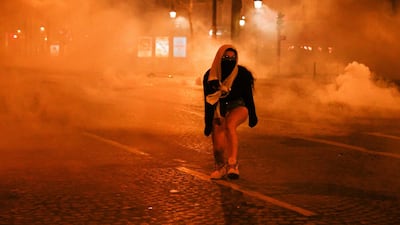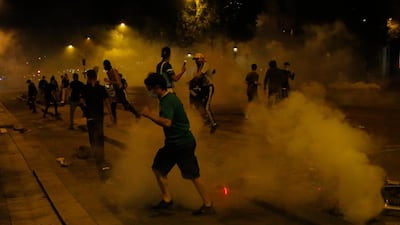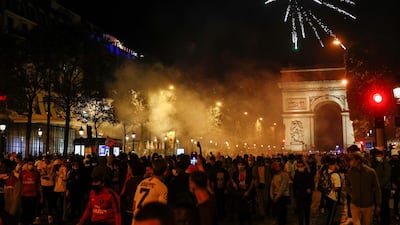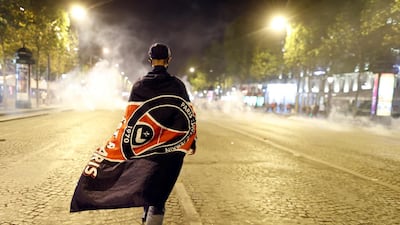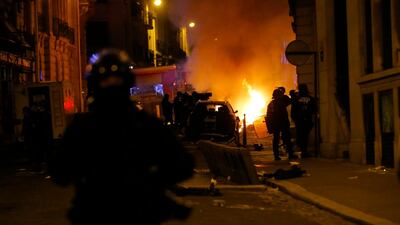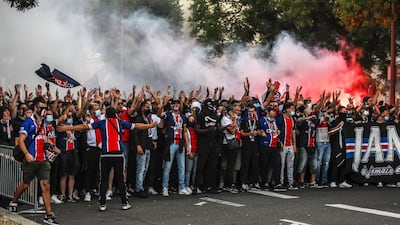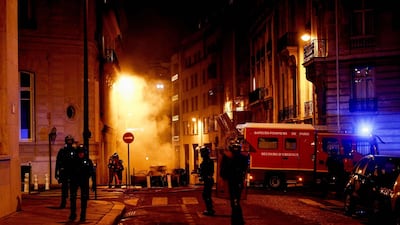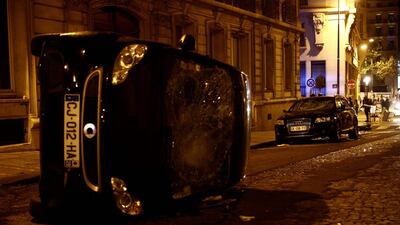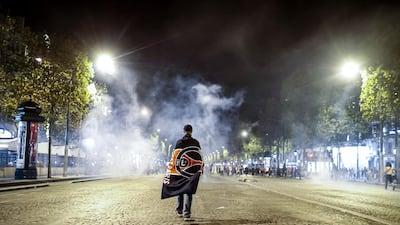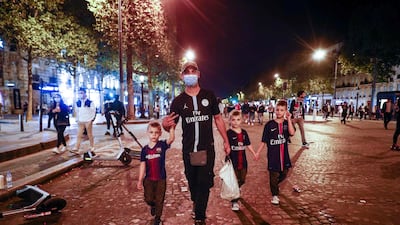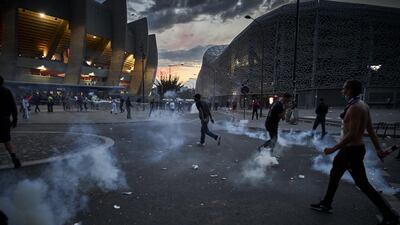Bayern Munich have long had a plan for how they would seize their sixth European Cup. It would be overseen by an up-and-coming manager.
The football would be daring, the response to pressure nerveless. The team would have its German core and be strong on the wings, as many of the best Bayern sides have been.
The visionary coach was supposed to be Pep Guardiola, appointed when Bayern were last the holders of the Champions League, having won it in 2013 under their favourite, ageing caretaker Jupp Heynckes.
Guardiola led them to three semi-finals, but never beyond. Niko Kovac became their next bright up-and-coming candidate, after Heynckes had taken on a firefighter role again and his Bayern weathered another semi-final loss, in 2018.
Then, last November, the club’s high command, populated by former champion players, lost faith in Kovac.
The problems seemed grave, and even Bayern’s grip on a domestic league they have won every year since 2012 looked threatened.
“I was reading headlines back in November,” noted a member of the club’s backroom staff. “They said ‘Bayern have lost their fear-factor’, ‘The respect has gone’.
The speaker? Hansi Flick. In November, with Kovac sacked after a 5-1 loss at Eintracht Frankfurt, he was promoted to temporary head coach.
Thirty-six matches later – just two of them defeats and one a draw – Flick’s Bayern are European champions and owners of a Treble.
It is not to flatter the 55-year-old tactician, a former Bayern player whose coaching career has been spent largely as an assistant, to call them ‘Flick’s Bayern’, because apart from the uplift he has clearly stimulated, he has also left a clear imprint on how the team win.
Flick’s shrewdness in team selection now has a gleaming trophy moment – the Kingsley Coman header that defeated Paris Saint-Germain 1-0 in Lisbon.
Coman, a Parisian who came through the PSG youth ranks, had started neither the quarter-final, the 8-2 win over Barcelona, nor the semi-final, 3-0 against Lyon.
Ivan Perisic, the experienced Croatian, was entitled to feel that in both those matches, he had performed more than well enough to retain his position on the left wing for the final. Flick instead backed Coman to apply a little more acceleration and trickery.
He may not have explicitly backed Coman to win the match with a header. Coman is accomplished in the air, but dominating the far post is not what he is best known for.
But the goal that won the Cup said much about the virtues Flick has finessed across a set of players he knows intimately, from his period as second-in-command to Kovac and, indeed, some of whom he knew well from when he was No 2 to Jogi Low with the German national team.
The move for the goal was neat, and stylish, from Thiago Alcantara’s driven, precise through-ball, to Serge Gnabry's cut-back, to Thomas Muller’s speed of thought, to the trusted crossing of Joshua Kimmich.
___________________________________________________
Arrests in Paris
___________________________________________________
Importantly, Bayern very swiftly provided Kimmich with a number of possible targets, and PSG’s defenders with too many distractions.
Robert Lewandowski, the predatory goalscorer par excellence this season, was in the PSG penalty box, and so were Leon Goretzka and Muller, two masters of the late run into positions of threat.
And there was Coman, the unlikely target man, a winger moonlighting in a different role.
Like Goretzka, the midfielder who can ghost into scoring positions as capably as he anchors in front of back four. Or 19-year-old Alphonso Davies, the natural left-winger fast-tracked into a role as left-back.
Or David Alaba, the left-back given a new lease of life as a centre-half. Or Kimmich, as commanding in central midfield as at right-back. Or Manuel Neuer, the goalkeeper who sprints out his box to turn into a libero.
Part of Bayern’s strength is in their individual versatility. It takes a sharp-eyed, confident coach to see fresh, extra assets in his players and to exploit them.
Bayern have a formidable squad, witnessed by the fact that, when Coman’s goal settled the final, an entire back four of World Cup winners were on their bench, Jerome Boateng (Germany, 2014) having limped off to take a seat close to Javi Martinez (Spain 2010), Benjamin Pavard and Lucas Hernandez (both France, 2018).
And beware, that strength-in-depth is about to become deeper in certain areas of the pitch, notably Coman's left flank, where Leroy Sane has arrived, determined to gain more regular starts than he had at Manchester City.
Sane will take instructions from a coach with authority and the knack of making the most of Bayern’s ample resources and reacting purposefully to unforeseen circumstances.
“We made the best use of everything,” Flick said after the triumph, “including the pause for the coronavirus.”
Bayern, studious in organising individual fitness and training work during lockdown, came back from it to record 15 successive victories, win the league, the German, Cup and now the greatest club prize.
Snatching it from their grasp in 2020/21 already looks a challenge.










